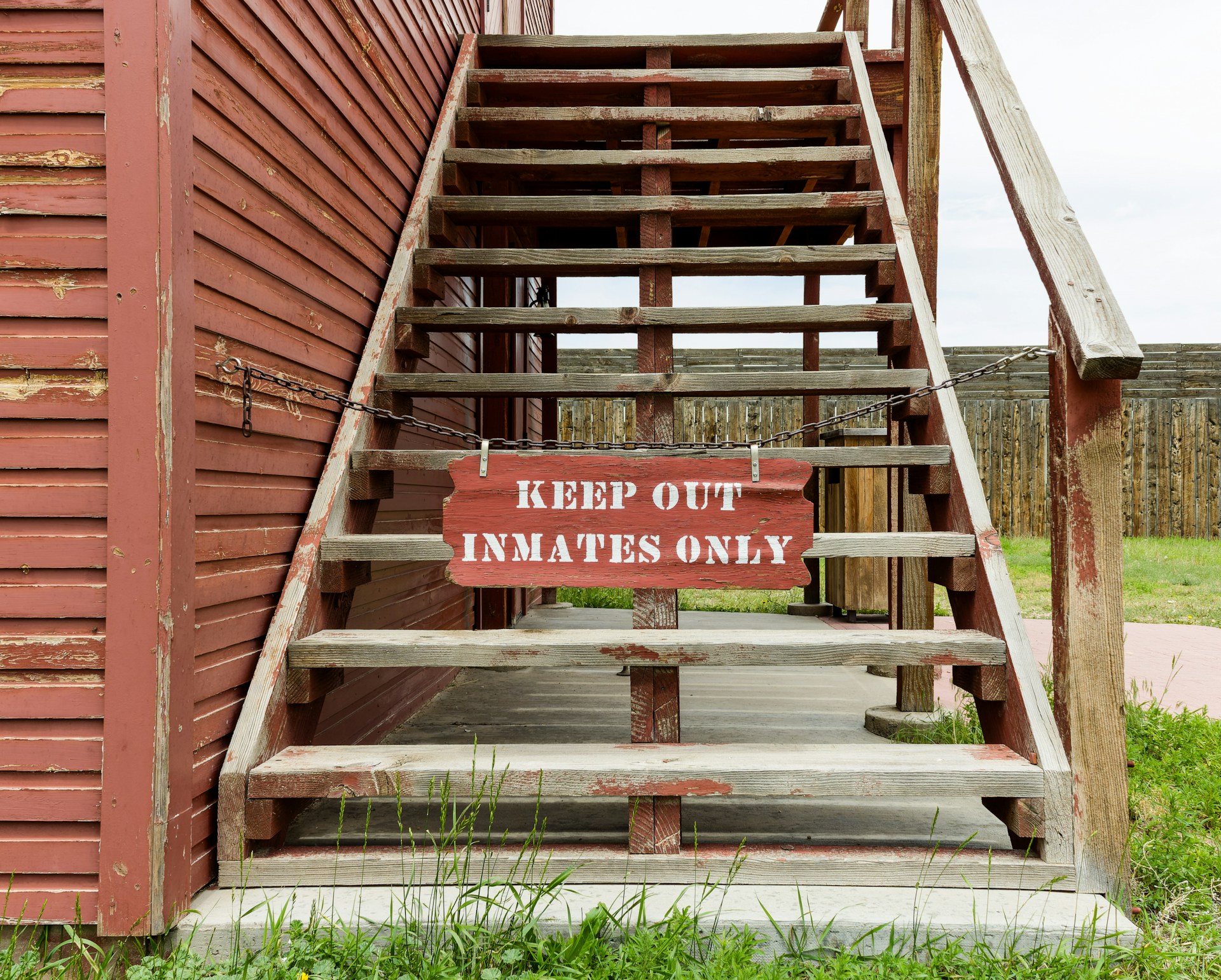
24 Nov Parole vs. Probation: What’s the Difference?
Although they have similar goals, parole and probation are not the same thing. Parole can mean a shorter prison sentence, while probation can be sentenced instead of incarceration.
However, failing to meet the terms of your parole or probation will put you back behind bars. In this article, we explain the differences between parole and probation in Arizona, and why it’s important to take them both seriously.
Parole and Probation Have Similar Purposes
While parole and probation each have their own sets of rules, they both hope to achieve the same goal: keeping people out of jail or prison. Parole and probation programs are there to help those who have been convicted of a crime spend the least amount of time possible behind bars.
What Is Parole?
Parole is the conditional release from jail or prison after a certain portion of a sentence has been served. The normal amount of time served before being offered parole is typically one-third to half of the court-ordered sentence.
Parole can be granted if the person serving time has been an exemplary prisoner, if the system is overcrowded, or if they had applied and were accepted for a commutation of sentence. Parolees are monitored by parole officers, who can revoke parole if the parolee does not follow the conditions.
Terms of parole include:
- Regular check-ins with parole officers
- Community service
- Regular drug testing
- Counseling or treatment programs
- Payment of fees, fines, and restitutions
- No engagement in criminal activities
What Is Probation?
In Arizona, probation is the suspension of a prison or jail sentence. It can be granted if the person convicted of a crime meets certain conditions set by the judge, and it is usually only offered for non-violent crimes. If the convicted person completes their probation successfully, they will not have to serve a sentence. But if they break the terms of probation, they will be incarcerated.
There are several types of probation: intensive, supervised, and unsupervised. Unsupervised probation is the lightest form of probation, often given for misdemeanors. A probation officer will monitor the convicted person for compliance. In the cases of intensive and supervised probation, the officer will set times for checking in that must be met. They may also check in on the convicted person without prior notice.
Terms of probation can include:
- Fines, fees and/or restitution
- Drug testing
- Drug or alcohol treatment
- Community service
Navigating Parole and Probation in Arizona
Understanding if you qualify for probation rather than incarceration can be difficult, and so can navigating the ins and outs of parole. Each comes with its own set of challenges, as well as mountains of paperwork. This is why you need a certified criminal attorney when facing criminal charges in Arizona.
Todd Coolidge has over 25 years of experience successfully defending cases in the Arizona criminal courts. He understands that spending time in prison or jail is not where you want to be. He will give your case the attention it needs to ensure the best outcome possible. Contact us today to schedule a consultation on your case.
Images used under creative commons license – commercial use (11/23/23). Photo by David Birozy on Unsplash.


